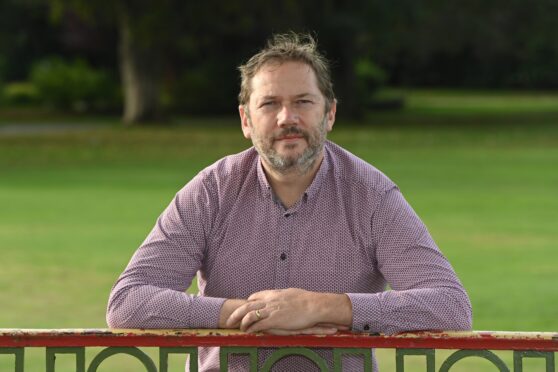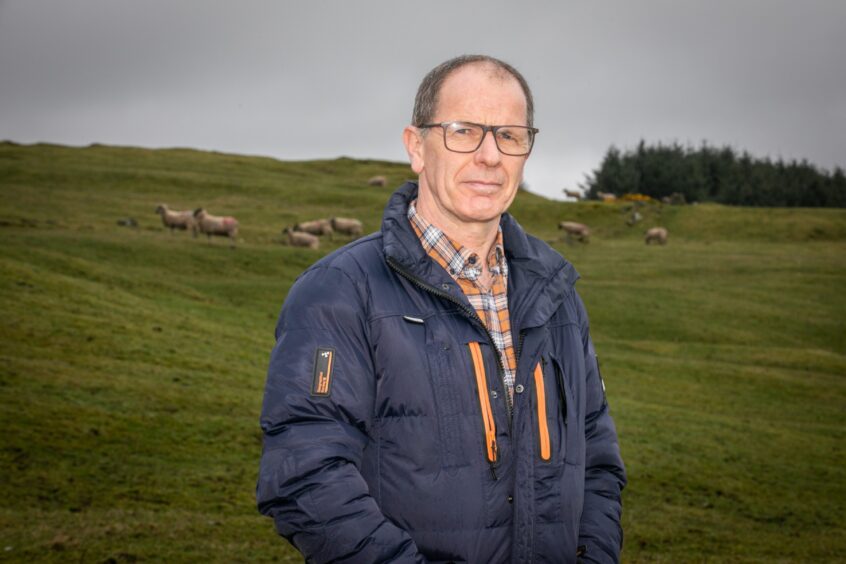North-east Conservative MSP Douglas Lumsden tackled the SNP Government on when exactly the £46 million of deferred ring-fenced funding would be returned to the agri budget.
Speaking in Holyrood, Mr Lumsden urged the Minister for Agriculture and Connectivity Jim Fairlie to commit to returning the funds beyond the “at the right time” he offered.
In June 2023, the industry received assurances from deputy First Minister Shona Robison that the £33m would be returned.
Rural Affairs Secretary Mairi Gougeon then announced in January that £15 million would be returned in 2024/25 with the rest thereafter.
At NFU Scotland’s annual conference last month, First Minister Humza Yousaf failed to give farmers and industry stakeholders an exact date of when the deferred funding would be returned.
Mr Lumsden said if funds were not returned soon, it would risk “jeopardising” food security and Net Zero plans.
He said: “The SNP have been silent on cuts to Scotland’s agricultural funding so I wanted to put the Minister on the stand about when the rest of this cash is coming.
“The Bew money is expressly for agriculture which was hard-won by Scottish farmers.
“This is a tiny portion of the Scottish budget compared to the massive burden of responsibility placed on farmers and crofters.
“If the government don’t get this cash reinstated in full, they risk jeopardising both our food security plus an entire industry’s effort to decarbonise.”
Mr Fairlie said: “The remaining ring-fenced funds will be returned in full at the right time for specific measures that will help to reform the transformation of Scotland’s farming and food production industry.”
Mr Lumsden responded: “At some time gives no comfort to all our farmers.
“The Scottish Government has had an extra £295 million in Barnett consequentials from Westminster so can the Minister tell us how much of this extra money will be going to repay the £46 million to take in from our farmers?”
Meanwhile, fellow Conservative north-east MSP Liam Kerr asked Mr Fairlie what the government’s response is to reports of rising wildlife crime across Scotland.
Mr Kerr said: “With the Scottish Government set to grant additional powers to the Scottish Society for Prevention of Cruelty to Animals (SSPCA) in the bill that was referenced to investigate wildlife crime, rural communities will still nevertheless expect Police Scotland to have a role.
“Can I ask the Minister what research has the Scottish Government done on the impact of outsourcing policing on evidence and convictions, and what impact is this projected to have on the SSPCA’s other duties and purposes?”
Mr Fairlie responded: “As far as the SSPCA powers are concerned, they’re very limited and they’ll be done in concordat with the police so working together to make sure that crimes that are reported can be progressed slightly further than where the SSPCA have been in the past, but it will still be the police who will do the final investigations.”


